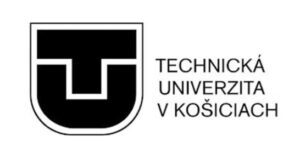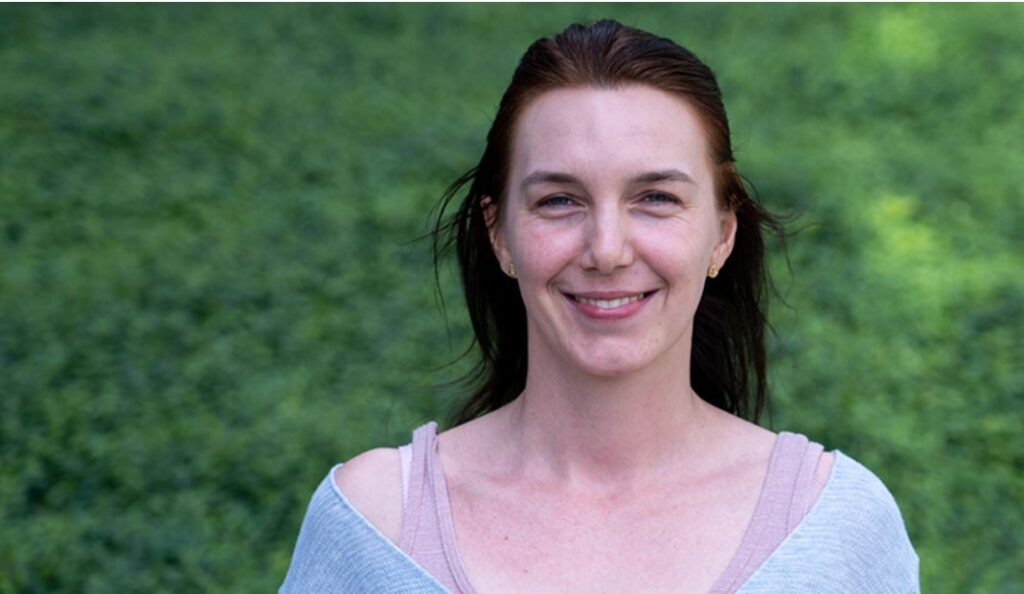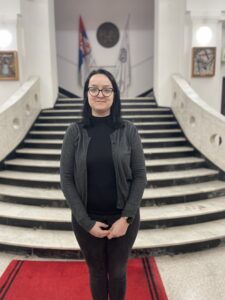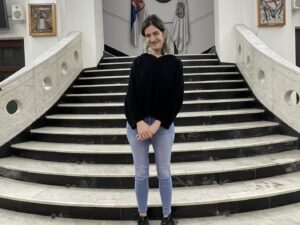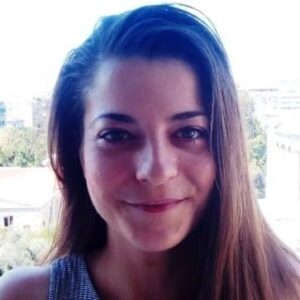Interview at the end of the journey with Hedviga Horvothova, Technical University Kosice, Slowakia
August 2021
Understanding different people from various backgrounds is a new approach to how I am used to working, because I research and teach about local and national topics in wastewater and recycling. It’s good that EJWP has given me a broader view on the water sector, because I only work with one small part of it. Seeing the larger picture, and working with the people in it, is something inspiring because I can now better understand my own work and the contributions I am making.
I’m working at the Technical University of Košice in Slovakia in the Faculty of Materials, Metallurgy and Recycling, as a lecturer. My education background is in environmental engineering, which I also teach. In my university department, we mainly work with industrial and municipal waste. The reuse of secondary resources from waste is one of the pillars of the circular economy. We develop new technological solutions to eliminate the volume of waste, and recover metals from waste, which also helps reduce energy and water consumption. I focus mostly on liquid waste and wastewater treatment methods. I have been thinking about working in environmental science since I was in primary school, and here I am!
I think that participating in EJWP is right for my personality, because I like to experience other methods of working on some issues that we all experience, like water resources. We can see different types of problems when working in the EJWP teams. Something like EJWP is surely a first for me in interacting with such a range of countries and the people in the water sector, so I wanted to challenge myself within a European platform. Travelling to different places is also interesting, especially when I get to see up close what is happening at a company that is either in my work field or close to it.
I’m better now at understanding different points of view on our work from the different professions in the water-sector. There are also political, social and economic points of view that can affect what we are working on together. We have met three ambassadors/mentors of the programme during training: Veronica Manfredi, Director (European Commission DG Environment Quality of Life); Richard Elelman (EURECAT); and Marielle van der Zouwen (KWR). They shared their experience, offered mentoring during the programme, and expressed interest in being inspired by young professionals in their work.
In coachings, EJWP has helped working in teams, especially figuring out quickly how to communicate, and who has what skills to offer. It was also a growth experience to be in the role of team leader in one exercise on the place of hydrogen in water management. I thought it would be easier to be a team leader, but this experience taught me about understanding the needs of other team members, and taking their views, feelings and expertise into account in the planning stages…then going forward with what you set out to do.
It recalls particularly projects on Visions on Future Water Systems in Europe and the project European Water Star, in which we identified added value in the scale-up of EJWP to a global level through increasing the priority of water, based on our EU initiative as a model. It helped me go beyond empirical methods to formulate a more complete approach to the issue. I got out of my bubble! I think I’ll carry these lessons into my work future, because I see the benefits and work differently now.
The personal trainings with Jennifer have brought a new light to what I do. I am thinking more strategically about my work as a result of the trainings. Jennifer has used software and applications like Miro to help us work together.
For the future, I see that digitalisation will be key to water management. It could be useful in identifying flood and other risks that are much less expensive to prevent than they are to recover from. It’s also important to think about the cost of water in production, especially from dry and poor areas, and how we impact on people and the environment.
Europe is a leader in many things already, and other countries can draw inspiration from platforms like the EJWP. We can better learn from each other if we invest our time and resources in platforms like this and making them available to the young professionals like myself. We not only learn in the program, but can also use the great networks which we’re are building. This is helpful because water is something too big to do alone. We need each other, and I think EJWP helps us realise that, and then find ways to work with it.
Introduction at the start of the Journey
June 2019
I am a holder of a Ph.D. in Metallurgy of Metals, with 6+ years of experience in teaching at the university in the study branch Environmental Engineering. Since now, I have worked on different research projects, where I studied the possibilities of removal cations and anions from wastewater. I have interest in various physical and chemical methods used for wastewater treatment e.g. sorption processes. Currently, I work on national projects linked with an industry where I am responsible for solving problems with wastewater released during hydrometallurgical treating of industrial waste.
To pursue my passion for wastewater treatment and to build upon my existing knowledge and experience, I enrolled in The European Junior Water Programme. To join the programme, I would like to share my findings of the wastewater treatment processes with other participants and to extend my knowledge about water management and learn new things. I believe that the EWJP will help me creates relationships with other professionals which will lead to long-lasting collaboration.
